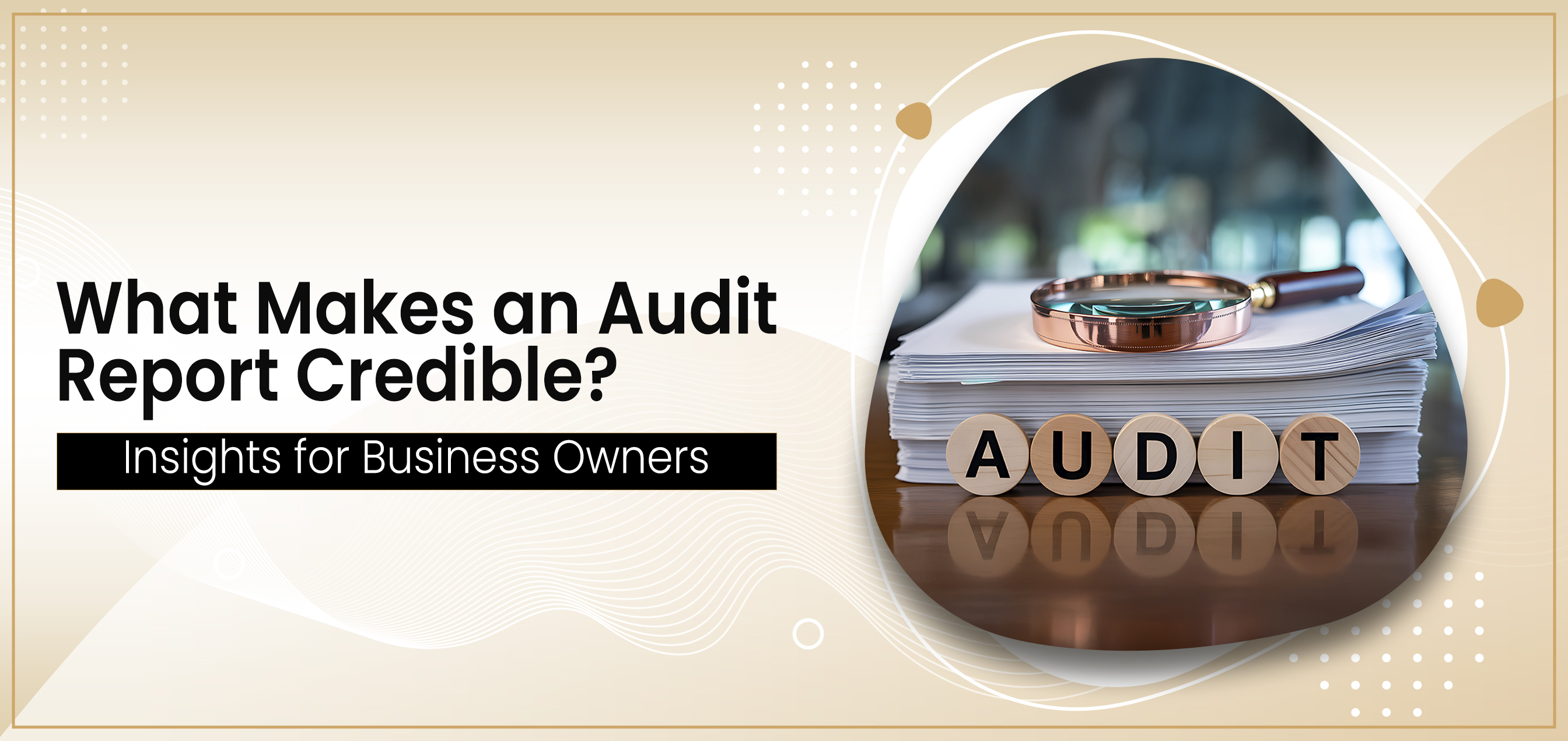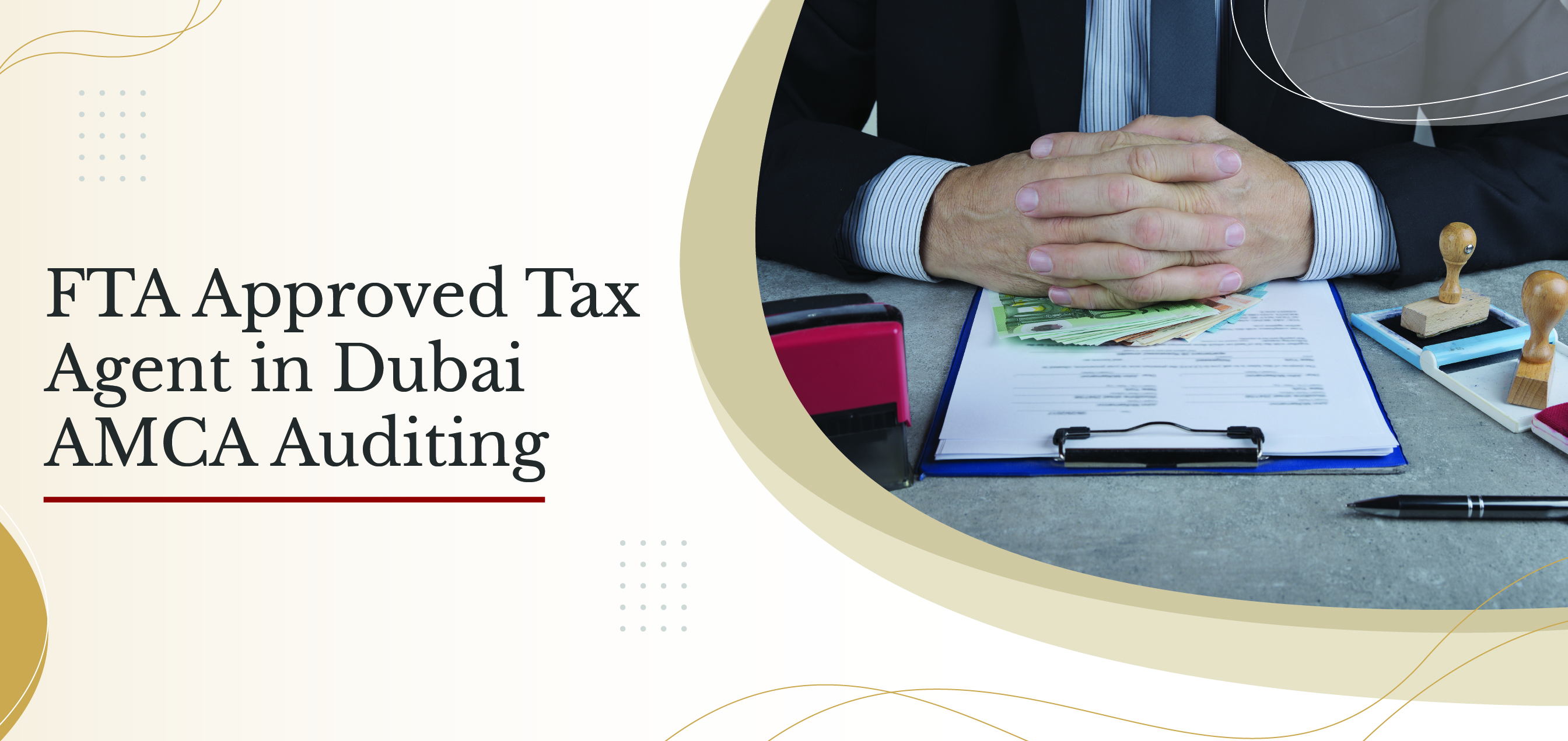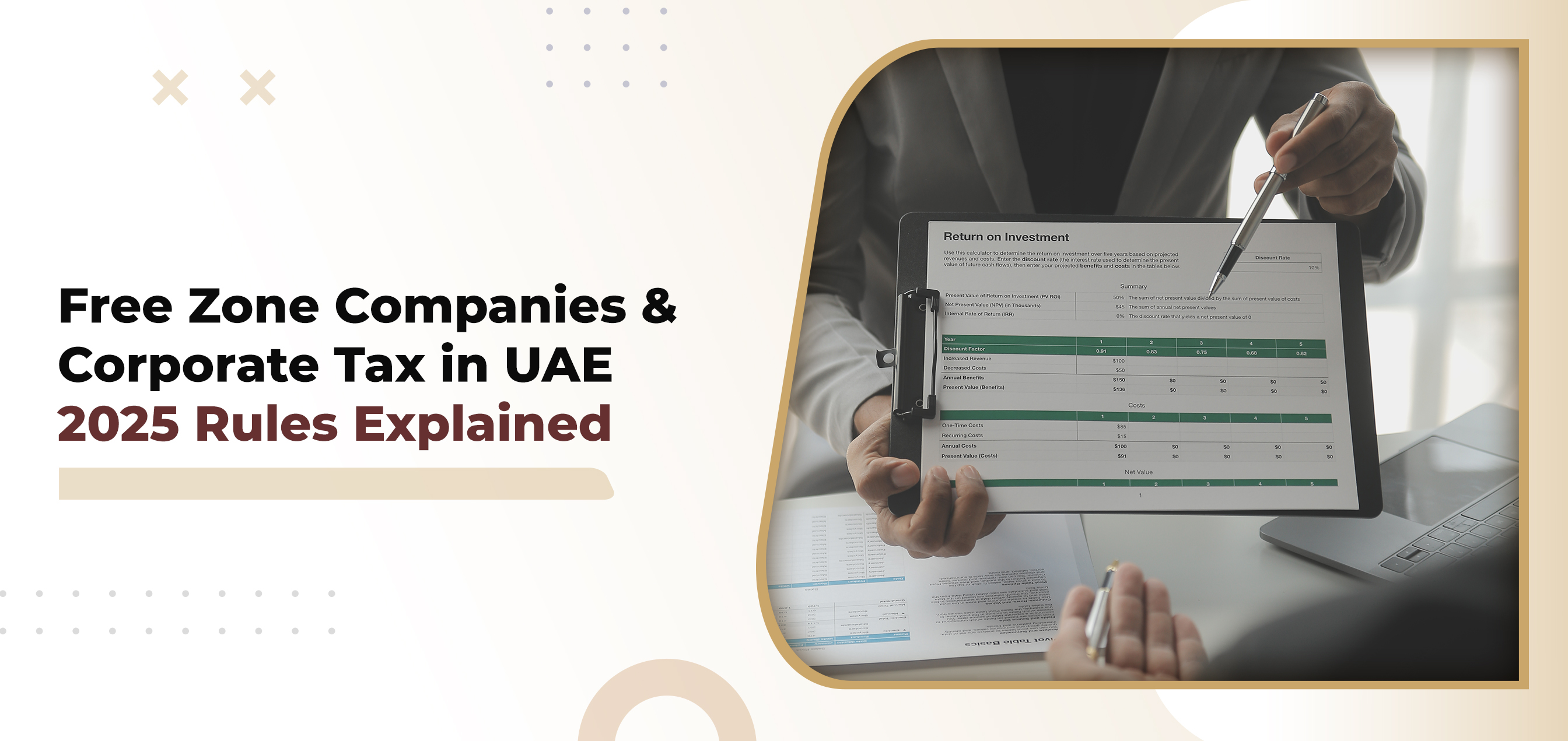.jpg)
16 Mar 2023
Liquidation of a company can be difficult and complex; therefore, following the correct procedures is essential to avoid legal or financial issues. If you are a business owner in the United Arab Emirates (UAE) looking to close your business, you may wonder what steps you need to take to liquidate your company. This blog post will answer some of the most frequently asked questions regarding liquidating a company in the UAE.
What is a Company Liquidation?
Liquidation is the process of winding up a company's affairs and distributing its assets to its stakeholders. Liquidation can be voluntary or compulsory. In a voluntary liquidation, the company's shareholders decide to wind up the business voluntarily. In contrast, compulsory liquidation occurs when the court orders the company to be wound up due to insolvency or other reasons.
Why is the Liquidation of Company required?
Government entities must be notified that you have stopped operating the business, so they will not levy any accumulated fines or penalties on your license upon expiration.
It is imperative that you address your obligations and liabilities towards your creditors and partners and protect your interests as a shareholding company.
Additionally, it is wise to consider your reputation and goodwill when re-opening your business.
What are the Types of Liquidations?
UAE law recognizes two types of company liquidations:
-
Voluntary liquidation:
In a voluntary liquidation, the company's shareholders decide to liquidate the company voluntarily. This process is initiated by passing a special resolution at the company's general meeting, where Board of Directors agree to wind up the business. Once the resolution is passed, the company must appoint a liquidator who will take control of its affairs and distribute its assets to its stakeholders.
-
Compulsory liquidation:
Compulsory liquidation is initiated when the court orders the company to be wound up. The court may issue a winding-up order if the company is insolvent, has failed to pay its debts, or has engaged in fraudulent activities. In compulsory liquidation, a liquidator is appointed by the court to take control of the company's affairs and distribute its assets to its stakeholders.
What is the Company Liquidation Process?
Below are the steps that all businesses should follow when liquidating their company. Every entrepreneur should, however, consider the following crucial factors before undertaking a company liquidation in UAE:
Liquidation process in UAE consists of two stages:
Stage 1:
-
Ensure that a notarized copy of the minutes of the general assembly confirms the liquidation of the company and the appointment of a liquidator which must be signed by the Shareholder/s of the Company.
-
A registered liquidator should provide an official letter of acceptance of the duty.
-
Fill out the cancellation form available through DED or other authorized channels if you wish to cancel your application.
-
After submitting relevant documents of the company to the respective Authority, the DED will issue a liquidation certificate.
-
Advertise the liquidation in two local newspapers (Arabic and English).
-
A grace period of 45 days is provided to the debtors from the date the notice is issued.
Stage 2:
-
Declare to DED that no objections have been received from other parties during the grace period by the liquidator and the partners.
-
To cancel a license, obtain approval from other government agencies.
-
Ensure the Firm card is cancelled through the Ministry of Human Resources and Emiratization.
-
Once necessary reports are obtained from the Labor and Immigration, ensure the company cancels the visas sponsored by its foreign partners at the relevant General Directorate for Residency and Foreigners Affairs.
-
For final cancellation approval, all the above documents original copy must be submitted.
-
Upon payment of the requested fees, a certificate of deregistration (cancellation) will be issued to you.
What is the Role of a Company liquidator?
Through the collection and use of assets, a liquidator pays off creditors and distributes the remaining funds to shareholders.
Choosing a liquidator is necessary if your company has any of these legal forms:
-
General Partnership
-
Limited Liability Company
-
Simple Limited Partnership
-
Public Joint Stock Company
-
Private Joint Stock Company
As part of a liquidation, a liquidator examines your company's finances and identifies and sells unsecured assets to benefit creditors and shareholders. The shareholders may appoint the liquidator by resolution or by the court in compulsory liquidation. The liquidator will provide a formal acceptance letter after they have been appointed. They will also prepare a statement of affairs and a liquidator's report as part of the liquidation process.
What is the Role of the Liquidation Report?
The UAE authorities require an audit report on the company's liquidation before revoking a company's trading license. In accordance with this, a liquidation audit report specifies the debts and assets of a company. Moreover, all financial information must be provided to the Company Liquidator.
This process begins with the Liquidator and partners submitting a declaration letter to the Licensing Authority. It ensures that no objections will be raised during the grace period. After obtaining the required government permits, the next step will be to cancel the company formation card at the Ministry of Human Resources and Emiratization. Termination of the visas of the Company's foreign partners must also be requested from the relevant General Directorate of Residency & Foreigners Affairs. To obtain clearance for cancellation, the Licensing Authority must receive all necessary documentation and set a fee.
In a liquidation report, a company's assets and liabilities are outlined. Additionally, all company financial records must be made available to the liquidator. Upon liquidation, the cash proceeds are converted to assets, creditors are paid, or the corporation handles the remaining debts.
What are the Documents Required for Company Liquidation in Dubai?
There is a requirement to submit necessary documents and information regarding the company's liquidation. It is our responsibility to ensure that all documentation is prepared according to UAE law. For more information about the documents required to wind up your company, please contact one of our advisors.
How can AMCA Help?
Due to its extensive experience and expertise in the field, AMCA offers liquidation solutions to its clients from a wide range of industries. As a company, we are known for the following:
-
Extensive experience and expertise: We are a leading market entry and exit specialist offering comprehensive corporate solutions to clients of all sizes!
-
Benefits: You save time, effort, and money by letting us handle all your documents and approvals! Thus, liquidating your company at your convenience is possible with our assistance. Furthermore, as a result of our experience with government authorities, we are capable of conducting the liquidation process much more smoothly.
-
Our commitment to clients: In order to assist you with all of our services, you will be contacted by one of our specialized advisors.




